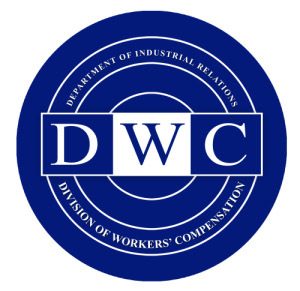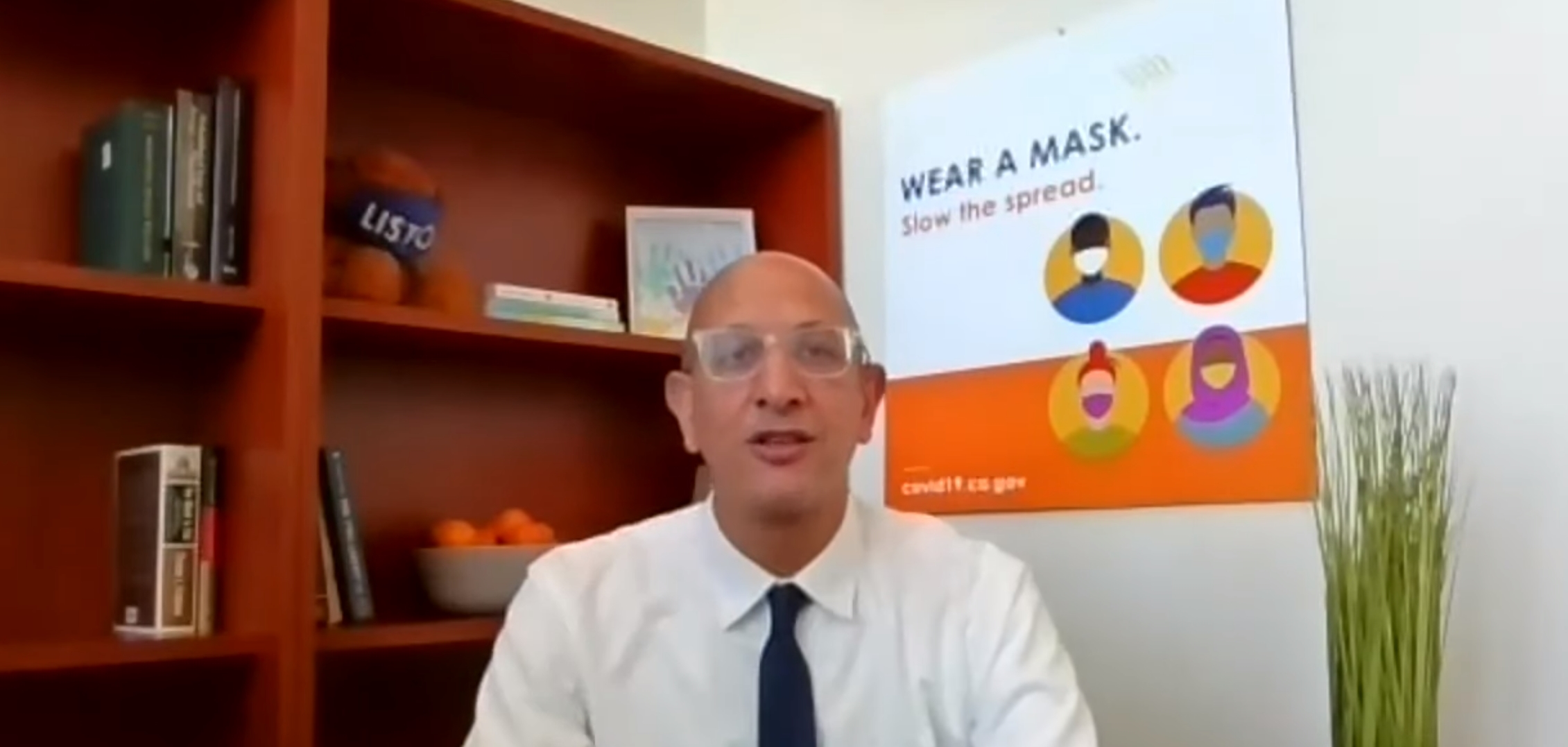
CA Bill to Allow Employees Sick with COVID-19 to File Workers’ Comp Claims Against Employers
Labor unions pushing for executive order making employees eligible for benefits without having to prove that they contracted the virus on the job
By Katy Grimes, April 27, 2020 5:55 pm
A gut-and-amend bill has been introduced to allow employees who were sick with coronavirus to file workers’ compensation claims agains their employers, claiming the illness is a workplace injury, and the employers’ fault.
However, Gov. Gavin Newsom is also considering issuing an executive order to make it easier for “essential workers” to apply for and receive workers’ compensation insurance if they contract COVID-19.

Senate Bill 1159 by Sen. Jerry Hill (D-San Mateo) was just “gutted and amended” last week to define injury for “critical workers” to include illness or death that results from exposure to coronavirus. The employee’s “injury” will be presumed to be the result of an employment “injury.” Currently, the bill is limited to “critical workers” which are defined as public or private sector employee who is employed to combat the spread of COVID-19.
Will this bill or Executive Order be precedence setting for future seasonal flues or viral illnesses, sticking employers with the cost of employee illnesses, and significantly higher insurance premiums?
Workers Compensation Insurance is a “no-fault” insurance for wage replacement and medical benefits to employees injured in the course of employment. It’s “no-fault” primarily because the employee automatically gets his or her medical costs covered, minimum weekly pay, and if necessary retraining. But it’s not really “no-fault” because California employers have no choice in carrying the insurance coverage – even if they already cover their employees with health insurance. In effect, it’s double insurance for an employer.
California employers already pay some of the highest workers’ comp insurance premiums in the country. Will this end up running some employers out of business as medical malpractice insurance did for OB/Gyn doctors, with premiums in the hundreds of thousands if dollars annually?
There is reasonable concern that this definition may expand to include all essential employees. What is concerning to business owners is if the Governor issues an Executive Order to create a conclusive presumption of work-related cause for all employees deemed “essential” during the COVID-19 crisis, regardless of whether the employee contracted the illness at work or otherwise.
The Workers’ Compensation Insurance Rating Bureau reports that some COVID-19 workers’ compensation claims have already been filed. “However, at this time, it is unclear what proportion of the illnesses and deaths directly resulting from the virus will ultimately be determined to be work-related. Some states have enacted presumptions of COVID-19 claims being work-related for certain front line workers and similar proposals are under discussion in California.”
There are news reports of California officials and employers “gearing up for a wave of workers’ compensation claims that could top $33 billion as the state’s COVID-19 cases surpass 42,000 and millions of essential workers remain on the job — and at risk,” the Business Journal reported. “Already the state had received 1,527 COVID-related claims by April 16, according to a spokesman for California’s Department of Industrial Relations, which oversees workers’ compensation cases.”
“Labor unions are pressing Newsom for an executive order that would establish a legal presumption that ‘essential workers’ who fall ill would be eligible for benefits without having to prove that they contracted the virus on the job,” Dan Walters reported in “Who should pay for pandemic impacts?”
“Workers on the frontlines of the COVID-19 pandemic put their lives at risk just doing their jobs,” Art Pulaski, head of the California Labor Federation, told Newsom in a letter last month. “If they are infected with COVID-19, the workers’ compensation system must quickly provide medical and indemnity benefits — such workers should not have to fight denials and delays while fighting for their lives.”
The Workers’ Compensation Insurance Rating Bureau said in a recent report that the “cost estimates are presented as a range of potential impacts based on varying assumptions of the number of COVID-19 claims filed. On this basis, the WCIRB estimates that the annual cost of COVID-19 claims on ECI workers under a conclusive presumption ranges from $2.2 billion to $33.6 billion with an approximate mid-range estimate of $11.2 billion, or 61% of the annual estimated cost of the total workers’ compensation system prior to the impact of the pandemic.”
Workers’ Comp Insurance isn’t fool proof. Workers would need to prove they contracted the illness not just on the job, but because of the nature of their job. Certain industries such as medical and health care workers may be able to claim the “injury” was contracted at work. This will be a challenge to workers’ comp carriers in the future. Medical and health care workers inevitably contract illnesses in jobs at hospitals, medical practices, doctors’ offices, nursing homes and Urgent Care facilities. Mitigating the cause of the illness, and the cost is another story altogether.
What’s next – Public school employees filing workers’ comp claims for contracting the common cold in a class of 1st graders?
As we asked above, will the coronavirus crisis be precedence setting for future seasonal flues and all contagious viral illnesses? And why again is this the fault of the employer?
- Legislation Would Conceal California High-Speed Rail Records from Public - February 18, 2026
- ‘King of Cringe’ Rep. Eric Swalwell isn’t just Weird – He May Have Legal Troubles - February 18, 2026
- Why is Gov. Newsom Giving $90 Million in Taxpayer Funds to Planned Parenthood? - February 17, 2026





Great idea, geniuses, to introduce ruinous legislation when we’re in ruins.
And a gut-and-amend yet! They’re really salivating for it. It sounds DELICIOUS to them. Go figure.
Disgusting, useless, destructive people. They should be locked up.